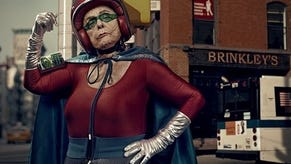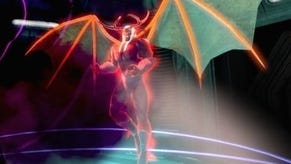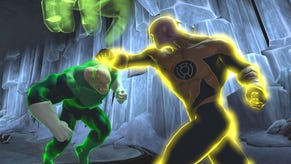DC Universe Online
SOE Austin's John Blakely.
Absolutely. There are still thousands of people playing EverQuest Online Adventures, which is on the PS2, with a lot more hurdles to get through to play it, but we still have passionate players. It really just boils down to wanting to have players connected to SOE.
It makes us hungrier. Because we were on the top and now we're not, it humbles you and makes you ask yourself questions and challenge assumptions. Maybe you thought your assumptions were always correct because you were doing it the best, right?
Culturally, it's definitely changed us. It makes us more aggressive and forces us to innovate. With EverQuest and EverQuest II, they were pretty much the same game, but now we're exploring multiple spaces, because there is this big juggernaut there. If we want to go up against the immovable object, that's one type of strategy, but if we want to look for other opportunities, that's another one. WOW's been a great thing for the industry, it's raised the bar for the level of polish, and it's brought in millions of new players. The market's growing, and we all love that.
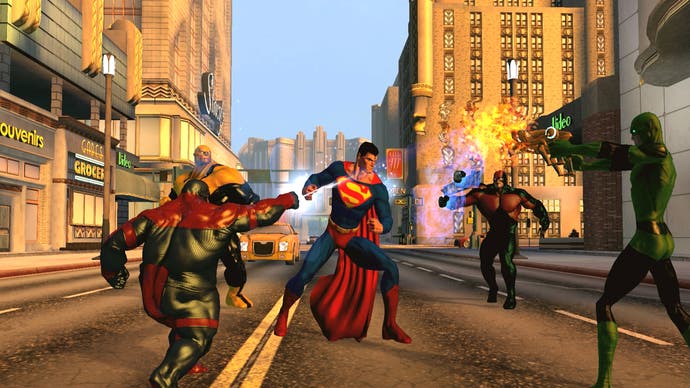
I have to point to our bosses, who have always been able to manage us through difficult spaces. There have been tough decisions along the way, but they've always made sure we had the ability to weather these waters. Also, there's the talents of our teams, who learnt lessons so we've always been just a little bit ahead of everyone who's still gaining knowledge. That allows us to be a little bit more agile. We've had lean periods, but we're coming out of that and getting back in touch with our audience. Now we can try and add new audiences.
I think so, mainly because we've been the pointy tip of the spear for a long time. With an MMO, players build a relationship. It's more marriage than quick fling. In a relationship, people get to see the flaws. We realise that our players, after playing these kind of games for ten years, want something different. And we want to tackle different problems. So we're all coming to this point together.
The newer entries are chasing WOW, that big beast, but we're saying, that big beast is going to have a momentum of its own, but there's other opportunities here, and the players will be excited about that. You play a lot of "Me too" games, and you're, "Okay, there's different graphics and terms, but I can figure this out in the first ten minutes and now I'm bored."
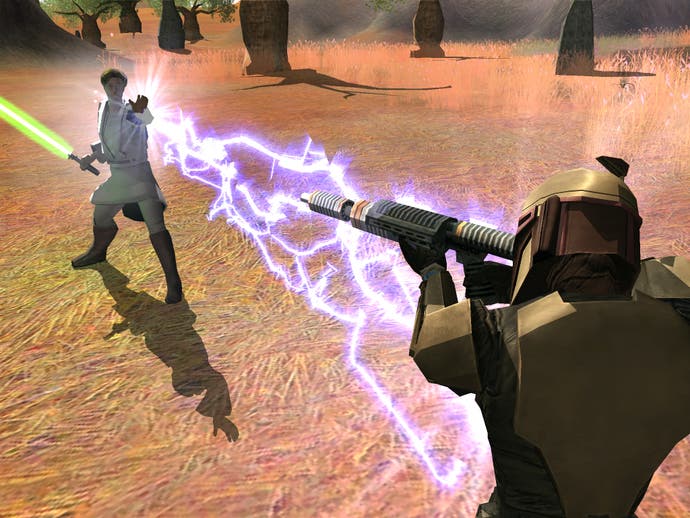
There's a business case for success, a critical case for success, and then delivery on the licence. We definitely have our metrics set up, and we know that WOW is something special. We have success in other products. I pay my teams royalties and have for years, and that means commercially, they're successful. You don't have to be a WOW - we'll never shy away from that kind of success or not be ambitious enough for that - but that's not the definition of success. So with DC what we want to do is make sure the game is commercially successful on both platforms, delivers a high Metacritic score, and make sure we can engage an audience for years to come. That's what we look at in terms of success.
John Blakely is vice president of development at Sony Online Entertainment's Austin studio


